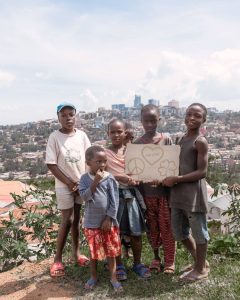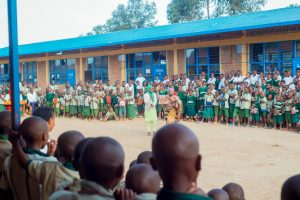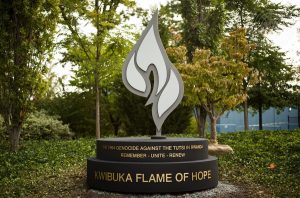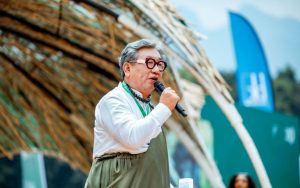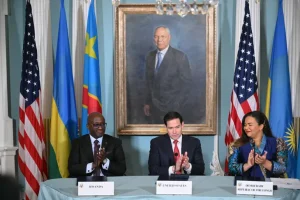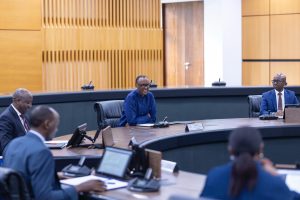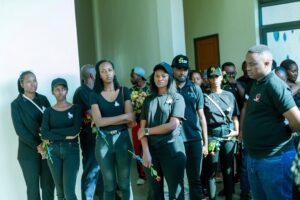Sharing Good Memories and Traditions: A Pathway to Inclusive Communities in Rwanda
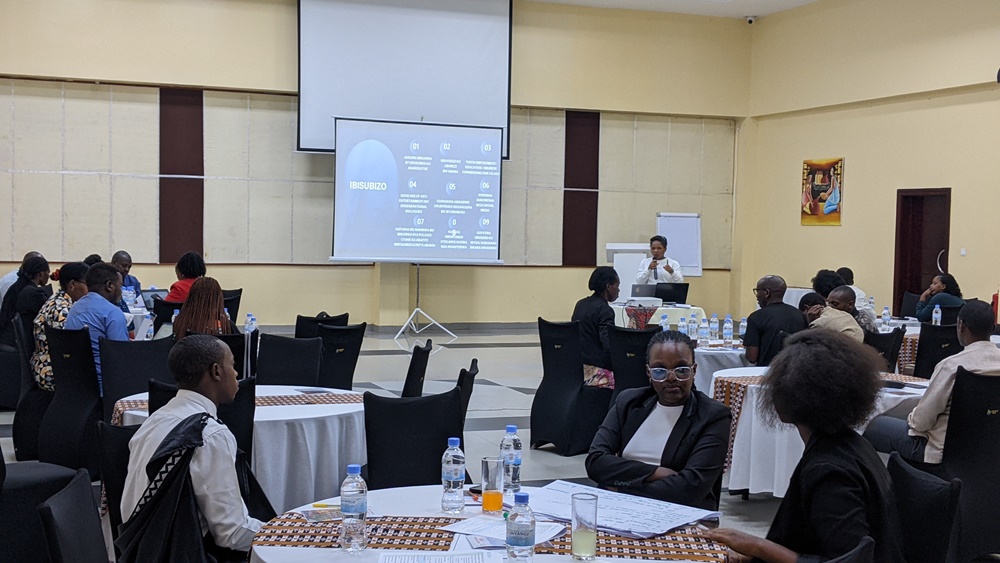
In a country where history is deeply marked by trauma, Rwanda is showing how good memories and cultural traditions can help communities heal, grow, and build inclusion across generations. New research initiated and led by Dr. Yuko Otake of the University of London, in collaboration with Rwandan writer, artist, researcher and peace activist Fred Mfuranzima and Mizero Nsabimana Leon Prince, a visual artist and licensed psychiatric nurse in Rwanda, highlights how intergenerational sharing of positive experiences can strengthen families, neighborhoods, and society as a whole.
The study, conducted in Bugesera, Huye, Musanze, and Kigali, involved around 100 families participating in interviews and creative workshops that encouraged reflection on memories passed down from grandparents to parents to youth. Through storytelling, songs, proverbs, rituals, and traditional practices such as umuganda (community work), traditional dance, and storytelling evenings, participants explored what it means to preserve culture while fostering resilience.
Good Memories as a Tool for Inclusion
Lead researcher Dr. Yuko Otake explained:“Memory in Rwanda is often framed by trauma and loss. But our findings show that good memories — of unity, care, resilience, and shared culture — are just as important for healing. They allow communities to imagine a future that is defined not only by pain but also by compassion and strength.”
Fred Mfuranzima, local research assistant, emphasized the impact of family dialogues:“Grandparents carry the knowledge of traditions, parents often carry trauma alongside survival skills, and children inherit both silence and creativity. When families share good memories, they build bridges that connect generations, creating a sense of wholeness and belonging.”
Mizero Leon Prince, shared experience with workshops in Musanze, Kigali and Huye, added:
“We witnessed intergenerational dialogue in action: elders shared proverbs and life lessons, children illustrated traditions through art, and parents narrated everyday acts of resilience. These small acts showed us that transmitting positive memories strengthens inclusion at every level — within families, neighborhoods, and society.”
Good vs. Bad Memories: Balancing the Past
Professor Eugene Rutembesa, Professor of Clinical Psychology at the University of Rwanda, contextualized the importance of memory in Rwandan society:
“Bad memories in Rwanda are heavy and unavoidable, tied to genocide, displacement, and loss. Yet good memories are essential for resilience. They act as a counterbalance, allowing communities to navigate the past without being defined by it. The goal is not to erase painful memories but to create space where joy, unity, and shared culture can coexist with grief.”
Assumpta Mugiraneza has often emphasized the importance of Ubumuntu—humanity and compassion—in rebuilding post-genocide communities. She reflected:
“Ubumuntu is the bridge that allows us to connect, forgive, and rebuild our communities. It teaches us to see the human in each other, even after unimaginable pain.”
Psychologically, positive memories and traditions function as protective factors, supporting mental health and social cohesion. They promote empathy, reduce intergenerational transmission of trauma, and encourage cooperative behaviors — all of which are critical for sustainable community development. Communities that remember moments of solidarity, care, and cultural pride are better equipped to invest in education, civic participation, and social innovation.
Public Engagement Workshop at Sainte Famille Hotel
On 21 August 2025, the research findings were presented at a validation workshop at Sainte Famille Hotel in Kigali, attended by NGO leaders, church representatives, government officials, youth organizations, and media practitioners. Participants were able to reflect on the research, share experiences, and provide recommendations for promoting good memory transmission in Rwanda’s communities.
Godeliève Mukasarasi, a Rwandan social worker, genocide survivor, and rural development activist through Sevota has often emphasized the power of positive recollections in healing communities while acknowledging the persistent difficulties faced by survivors.
In her testimonials, she reflected:”Even amid the pain of what we lost, the stories we share of love, care, and courage give us hope. Good memories remind us of our strength and humanity, especially for children growing up after the genocide. But it is not easy—these memories are often shadowed by trauma, and rebuilding trust in our communities takes time and patience.”
Francoise from Wihogora Psychotherapy Center highlighted the mental health benefits:“Good memories allow families to reconnect with joy and solidarity. They help break cycles of silence, fear, and unresolved trauma, fostering emotional wellbeing across generations.”
From the youth perspective, Iradukunda Providence of the Youth Estimation Organisation remarked:
“Young people should inherit cultural pride alongside resilience. This research reminds us that identity is built not only on surviving hardship but also on celebrating traditions and positive legacies.”
A representative from the Ministry of Youth noted government initiatives such as Intore mu Biruhuko, which promote cultural engagement and shared experiences among young people, aiming to reinforce community cohesion and the transmission of good memories.
Faith-based institutions were also highlighted for their role in community-building. A pastor at the workshop shared:
“Churches can combine scripture with Rwandan traditions like umuganda and ubumuntu to encourage forgiveness, compassion, and unity — essential ingredients for an inclusive society.”
Challenges in Transmitting Good Memories
While the research revealed the power of good memories, participants also discussed challenges in sustaining them:
Intergenerational gaps: Some youth feel disconnected from older generations due to rapid social and technological changes.
Silence around trauma: Families sometimes avoid discussing difficult histories, which can block the natural sharing of positive memories.
Urbanization and mobility: Migration and urban lifestyles can weaken traditional practices and limit opportunities for communal memory sharing.
Societal stigma: Survivors, former perpetrators, or mixed families may feel reluctant to share experiences, even positive ones, fearing judgment or misunderstanding.
Recommendations for Strengthening Communities
Participants and researchers offered practical recommendations to reinforce the transmission of good memories and traditions:
1. Encourage intergenerational storytelling: Schools, youth centers, and community events can create safe spaces for elders and youth to share experiences.
2. Integrate cultural activities into civic programs: Practices like umuganda, traditional dance, and proverbs should be actively promoted in community life.
3. Support youth engagement: Government initiatives such as Intore mu Biruhuko can be expanded to teach history, resilience, and traditions alongside recreation.
4. Mental health support: Psychosocial programs should accompany memory-sharing initiatives to help families navigate trauma and positive experiences together.
5. Community documentation: Local communities can record oral histories, songs, and proverbs to preserve traditions and create accessible repositories of good memories.
A Vision for Rwanda’s Inclusive Communities
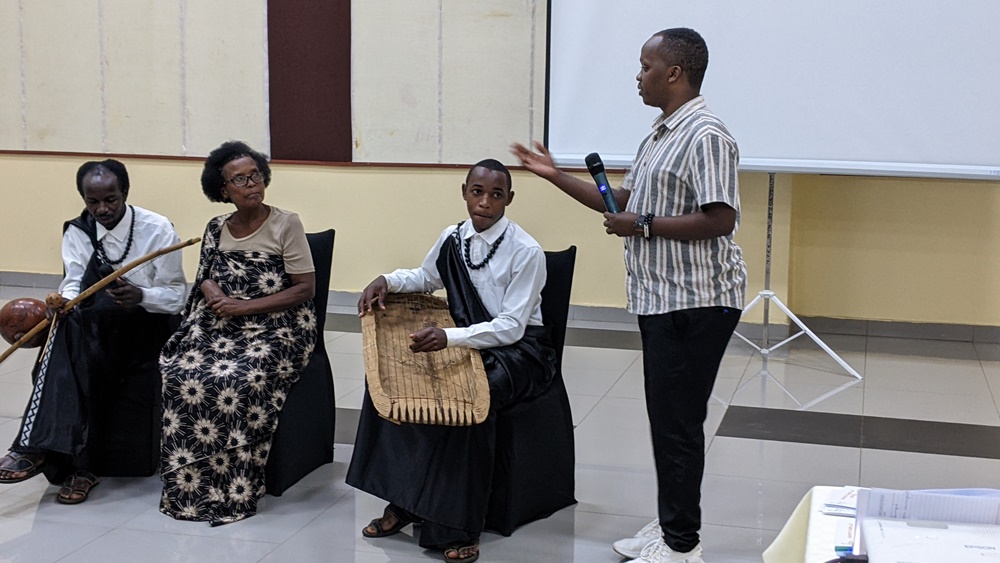
Fred Mfuranzima reflected on the significance of the findings:“Good memories are not private — they belong to the community. They allow families and neighborhoods to reconnect, cultivate pride, and strengthen collective resilience. By transmitting them, Rwanda can build inclusive communities that honor the past while looking forward with hope and creativity.”
This research demonstrates that transmitting good memories and traditions is a cornerstone for community building. It provides a counterbalance to trauma, fosters inclusion, and contributes to sustainable development, ensuring that Rwandan communities are not only surviving but thriving, rooted in resilience, shared culture, and collective joy.
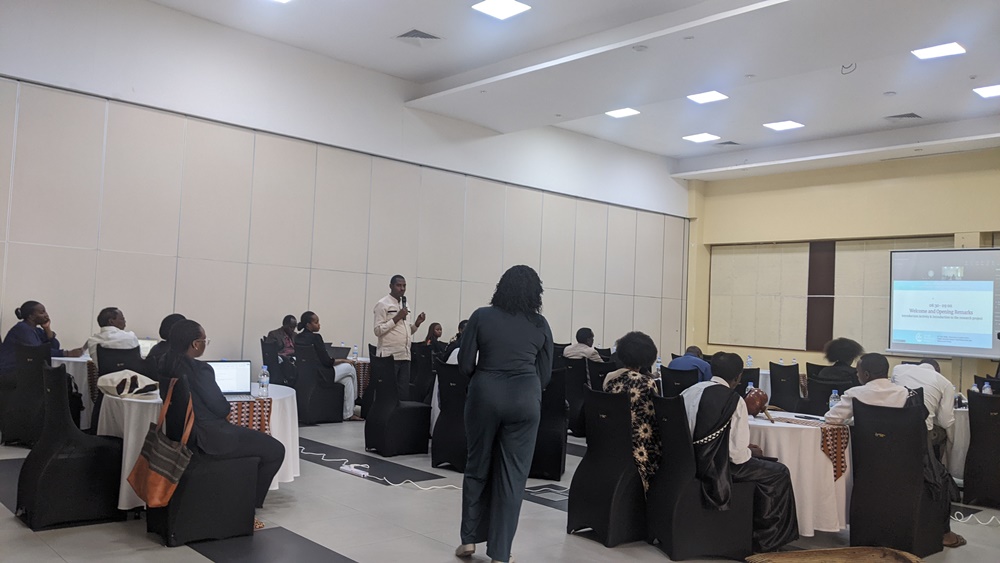
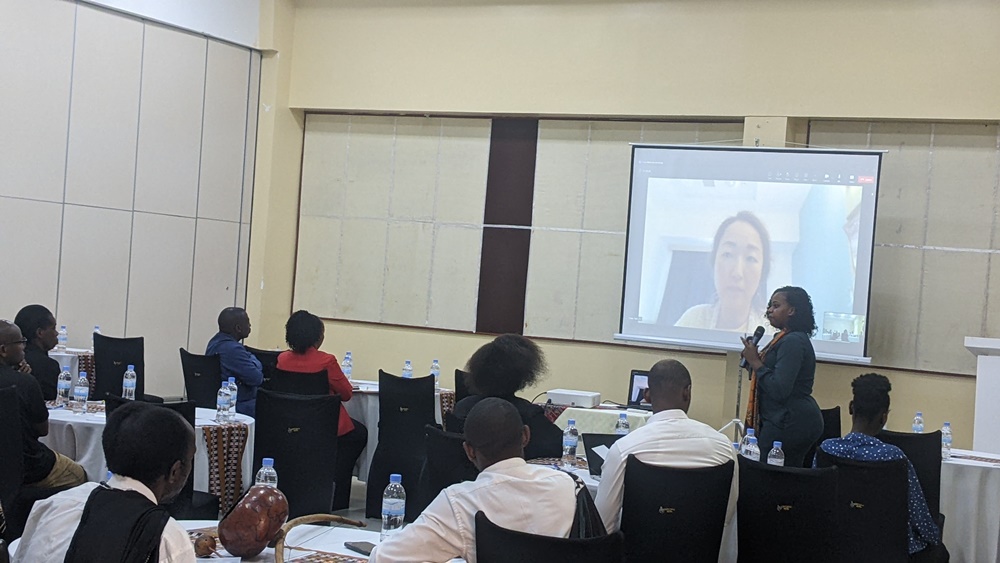
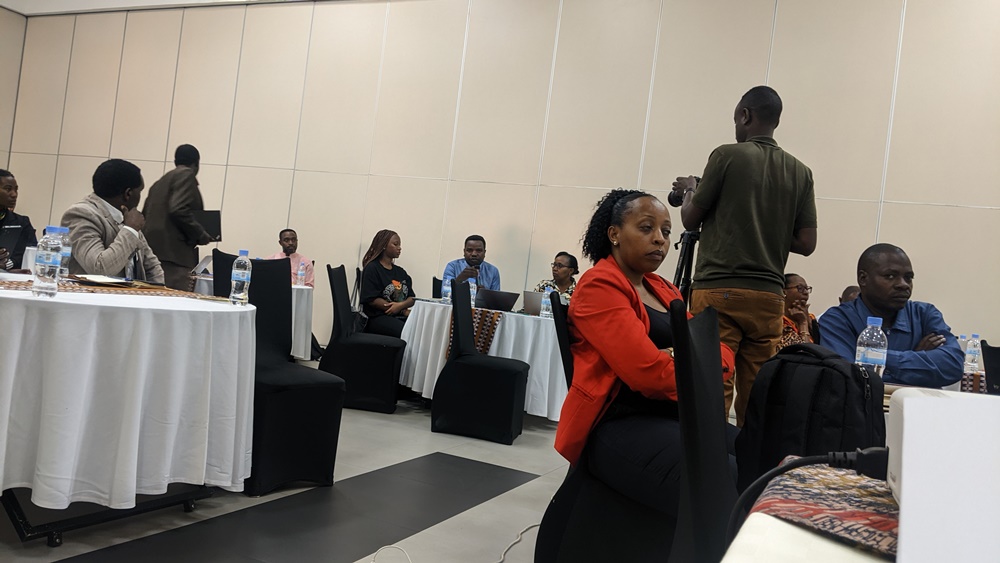

SUBSCRIBE TO OUR NEWSLETTER


